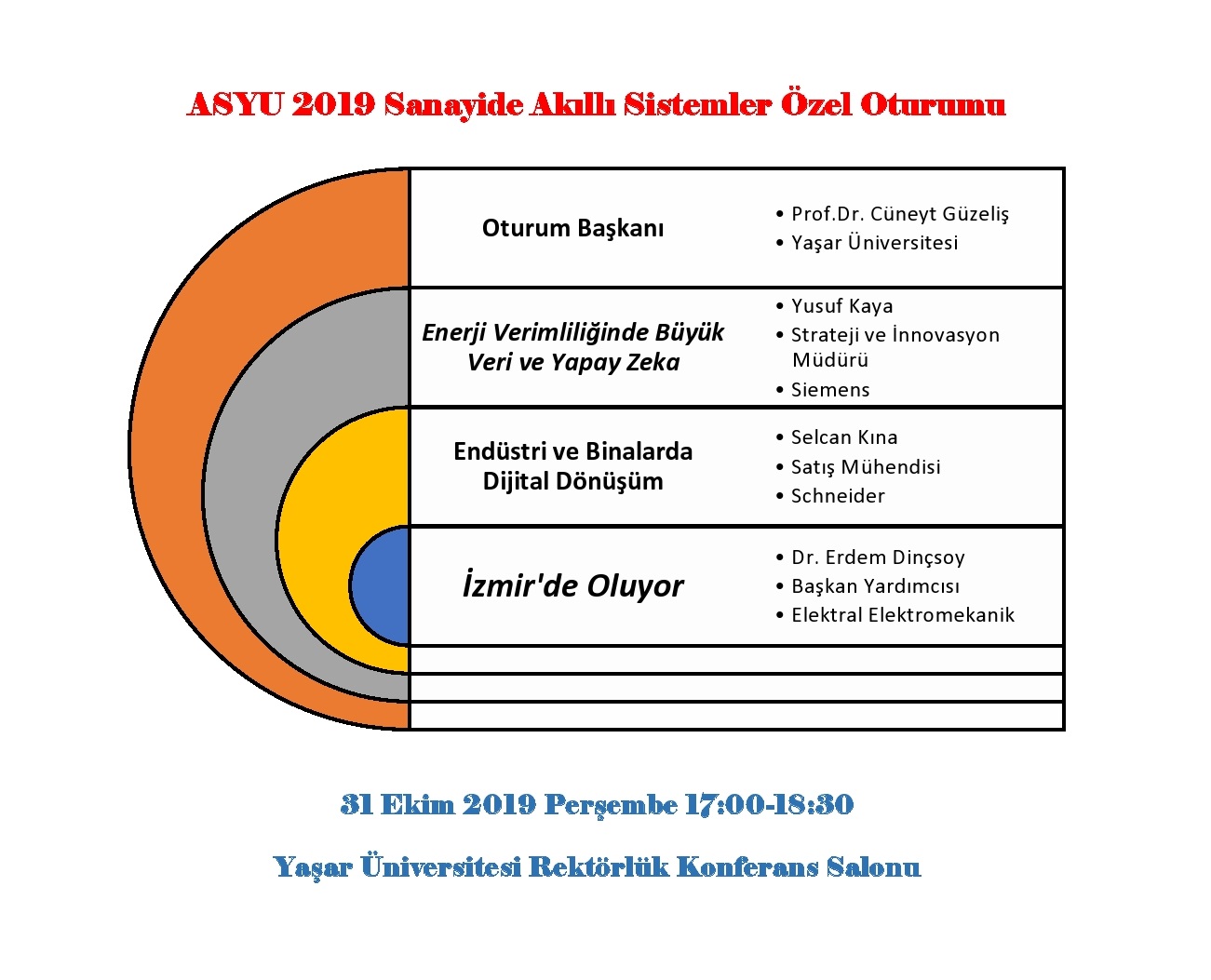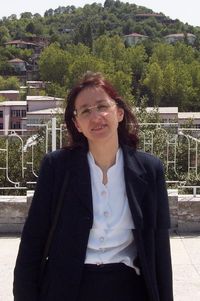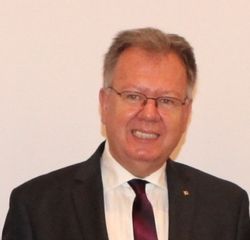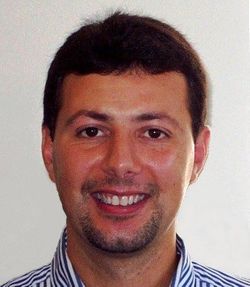
Conference on Innovations in Intelligent Systems and Applications (ASYU 2019) is organized by Yaşar University, in cooperation with Yildiz Technical University and will be held in Izmir between the dates of October 31 – November 2, 2019. The language of the symposium will be English and Turkish. Special session proposals in hot topics will be evaluated by Program Chairs. Submitted papers of the general and special session tracks will undergo a triple-blind review process.
The topics of interest mainly cover Artificial Intelligence, Deep Learning, Fuzzy Logic, Smart Systems, Machine Learning, and Data Mining. In particular, the topics include:
Intelligent Life
Bioinformatics
Natural Language Processing
Swarm Intelligence
Genetic Algorithms
Memetic Computing
Neuroscience
Smart Environment
Technology and Law
Intelligent Approaches in Signal and Image Processing
Intelligent Applications in Biomedical Engineering
Hardware Implementations for Intelligent Systems
Intelligent Approaches in Robotic and Automation
Human-Computer Interaction
Augmented- Virtual Reality
Suggestion Systems
Intelligent Biometric Systems
Accepted papers will be published as full text on the IEEE Xplore digital library.

Sanayide Akıllı Sistemler Özel oturumu 31 Ekim 2019 saat 17:00’de Yaşar Üniversitesi Rektörlük Konferans salonunda Siemens, Schneider ve Elektral firmalarının katılımıyla Prof.Dr. Cüneyt Güzeliş başkanlığında yapılacaktır.

Vessel Tree Classification for Transplant Candidate
Click here for the web address of the contest.
Robot Football Competition
Click here for the web address of the contest.

The Adventure of Machine Learning
Prof.Dr. Fatos T. Yarman Vural
One of the fields of computer science is to develop thinking, learning and problem solving systems. Although our efforts in this area sometimes result in great disappointments, we do not give up. We are trying to develop more intelligent and resourceful machines. Here, Machine Learning is the adventure of mankind's racing his own intelligence with his own machines.
Machine Learning has recently been transformed into a new area called Deep Learning. Scientists who research in the field of Deep Learning model these processes by studying the cognitive processes of living things and develop algorithms that can learn using these models.In this speech, the process of machine learning to deep learning will be explained and the theoretical and technological end point of this field.In addition, the philosophical, sociological and ethical problems of Deep Learning technologies will be discussed.

Subspace Methods and Finance Applications
Subspace methods spanning from principal component analysis (PCA) and Karhunen-Loeve transform (KLT) to wavelet transform have been successfully used in applications including face recognition, facial emotion analysis, image/video compression, recommending systems and many others. In this talk, we will revisit the mathematical concepts underlying these powerful analytical tools and emphasize a unified perspective for their use in signal decomposition and time-frequency analysis. Then, we will focus on eigensubspace of normalized returns for a basket of assets and present the methodology to design their eigenportfolios for financial investments. We will present and compare performances of Minimum Variance, Market (Markowitz) and Eigen Portfolios for US Equities to highlight the merit of the latter.

Cyber-Physical Systems: Smart Technologies and Challenges
Concordia University, Canada
Due to major breakthroughs in software and engineering technologies, embedded systems are increasingly being utilized in areas ranging from aerospace and next-generation transportation systems, to smart grid and smart cities, to health care systems, and broadly speaking to what is known as Cyber-Physical Systems (CPS). A CPS is primarily composed of several electronic, communication and controller modules and some actuators and sensors. The mix of heterogeneous underlying smart technologies poses a number of technical challenges to the design and more severely to the verification of such complex infrastructure. In fact a CPS shall adhere to strict safety, reliability, performance and security requirements, where on needs to capture both physical and random aspects of the various CPS modules and then analyze their inter-relationship. Oftentimes however, system bugs remain uncaught during the analysis and in turn cause unwanted scenarios that may have serious consequences in safety critical applications. In this keynote talk, we introduce some of the challenges surrounding the design and verification of contemporary CPS with the advent of smart technologies. In particular, we will introduce recent developments in the use of formal methods for the modeling, analysis and verification of CPS and display a few real world CPS case studies using physical components based on photonics integrated circuits.
Click for call for papers.